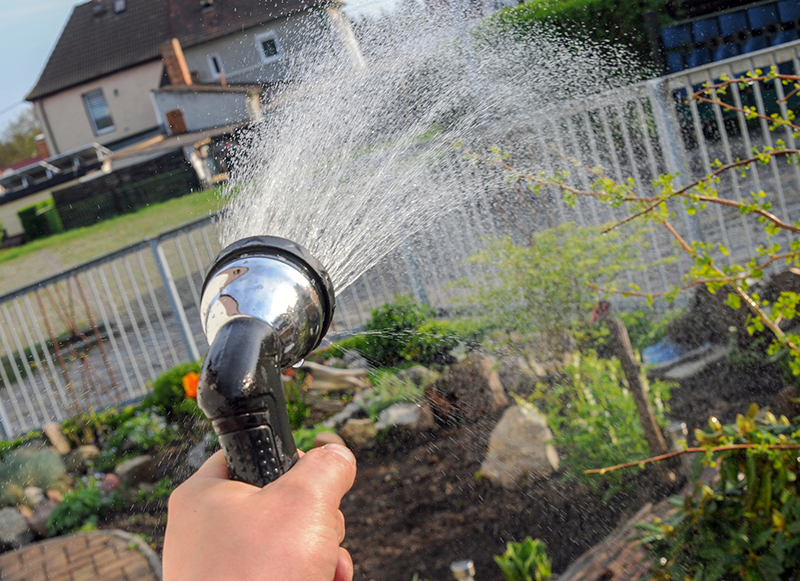Hosepipe Ban Coming to the UK

The first hosepipe ban of the summer is scheduled to be enforced in the north-west of England from the 5th August.
The water company United Utilities has announced a temporary ban affecting over three million properties on their north-western network, covering most of Cumbria, Lancashire, and the Manchester-Liverpool area, although some areas sound Carlisle are not affected.
Reservoirs across the north-west are estimated to have lost 10-15% of their capacity on average, according to a study by the Centre for Ecology & Hydrology, and are generally now 10% below expected levels for this time of the year. The hot temperatures are expected to continue throughout July, and, according to long-term forecasts, the Autumn could be just as dry. According to the CEH, this is the first June since 1910 that is both in the top three hottest and top three driest on record.
Northern Ireland has already had a hosepipe ban in place from June after temperatures peaked at 30 degrees over the last few weeks and a series of grass fires were recorded. Elsewhere, homeowners have been advised to use discretion, such as on the Isles of Scilly, where groundwater levels are ‘critically low’, and throughout the North, with water being moved in from Wales to make up for local deficits.
United Utilities spokesman Martin Padley said: “Despite some recent rainfall, reservoir levels are still lower than we would expect at this time of year and, with forecasters predicting a return to hot dry weather for the rest of July, we will need to impose some temporary restrictions on customers. Unless we get a period of sustained rainfall before 5th August, these restrictions will help us safeguard essential water supplies for longer.”
United Utilities has also announced that customers who flout restrictions Will face fines of up to £1,000.
There has been some backlash from locals in the north-west, especially from allotment owners, who are not exempt. They have argued that as commercial farmers do not need to adhere to the ban, and allotment owners growing for their own consumption should not have to either. The ban will also have an affect on other local businesses, such as the fracking sites owned by Cuadrilla in Lancashire, which are expected to use up to 32,500 litres of water in commencing operations, scheduled to start in late August or early September.
A Guardian study has also found that United Utilities has the second worst record for leaks in the industry, after Thames Water. It estimates that UU properties lose 133 litres of water per household per day, mostly through leaking main pipes, compared to the industry average of 121 litres. Overall, it estimated that 20% of all public water is lost through leaks on contractors’ pipe networks.
Tony Juniper, executive director for advocacy and campaigns at WWF-UK, said: “In the short-term one would hope the water companies, all of them, would be putting more effort into leakage reduction, the promotion of water efficient appliances from dishwashers to showers, and about communicating to consumers. [the hosepipe ban is] another reminder that on climate change we’ve entered the era of consequences.”
Read on our blog

With the government poised to implement tough new measures to...

Budget broadband provider TalkTalk has been notifying customers via email...

A year-long investigation by charity Citizens Advice has revealed a...

Education Secretary Nadhim Zahawi has announced a new commitment to...
